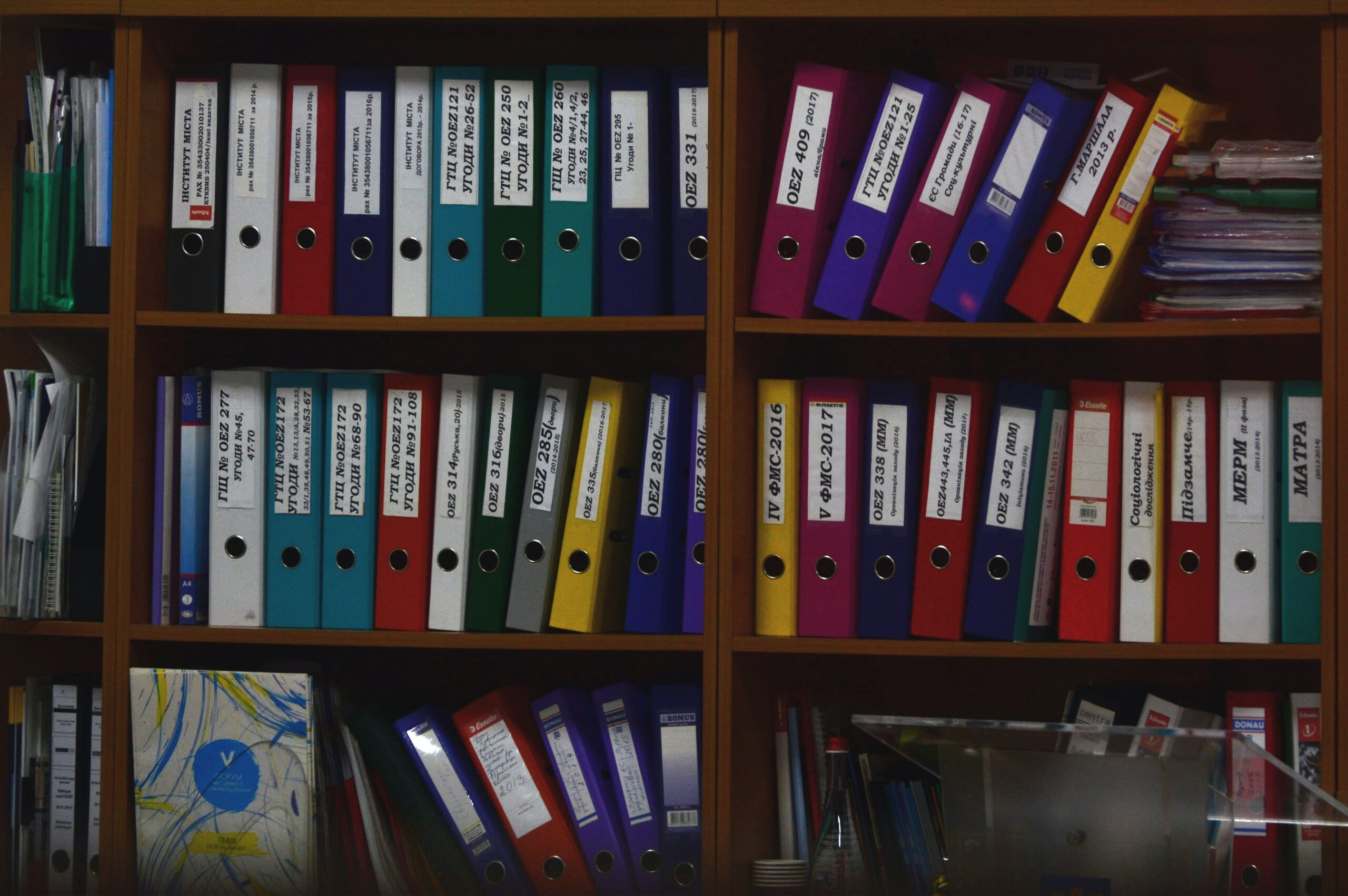I’m not going to lie. The first few months of moving to another country and settling in are always going to be stressful; with a lot of ups and downs. There are lots of documents that EU citizens moving to Spain need. This settling in period is especially difficult when you don’t know the native language or the customs very well. On top of that, oh-so-dull-but-necessary administrative matters are frustrating and tedious enough as it is, nevermind in a foreign country.
The Red Tape and Other Things to Know for EU Citizens Moving to Spain

I am from Ireland and I studied New Media and English at the University of Limerick. Having already taught in South Korea for 6 months for my work experience and after taking a TESOL (Teaching English to Speakers of Other Languages) module as part of my degree, I decided that I wanted to teach in Spain and travel again and therefore applied to Meddeas on a whim after months of being tempted by their Facebook posts. I have now been living and teaching in Logroño, the capital of the beautiful northern region La Rioja, for almost 4 months and I am not long after finishing with the administrative legalities that EU citizens need to have in order to live in Spain.
The Spanish Red Tape: Spanish Bureaucracy for EU Citizens who Want to Live in Spain
I didn’t know this before I came here, but there is such a thing as the Spanish red tape. If you haven’t already heard about it, there is a funny video that encapsulates the term, which describes the slow and complicated Spanish bureaucracy.
Documents Needed for Irish Citizens before Moving to Spain
The daunting, administrative process of moving to Spain begins before you have even packed your suitcase. There are many documents that Europeans, and Irish participants, in particular, must have in order to participate:
- EU passport
- European Health Insurance Card
If you haven’t already got one of these, you can apply through the HSE. If you are a medical card or drug payment scheme card holder, you can apply online. Otherwise, you can apply in person at your Local Health Office or via post by downloading the application form. - Degree certification
- NIE (if you are currently in Spain/have lived before)
- Police Certificate
Getting the Police Certificate
The Police Certificate is, to me, one of the most difficult things an Irish participant needs to apply for. In my case, along with a document from Meddeas, I needed to bring a copy of my passport, birth certificate, and my convenio (agreement). It is just a matter of persistence and explaining the situation to the guards. There is more information about getting the Police Certificate in Ireland’s National Police Service website.
Documents Needed for European Participants Once in Spain
Getting Registered to Live in Spain: the NIE

The most difficult and frustrating process once in Spain is getting the NIE (Número de Identidad de Extranjero). It is the national identification number for foreigners in Spain who are here for more than 90 days.
The first step to obtaining the NIE is booking an appointment online; this can be easy in most cases. However, some people may find it difficult to find an available slot, especially in the bigger cities. Therefore, the earlier you book the appointment, the better. In my case, there wasn’t an option to book an appointment online, so I just had to show up to the Oficina de Extranjería in Logroño early in the morning with all my documentation ready.
Temporary and Permanent NIE
First and foremost, there are two types of NIE documents that you can apply for: temporary and permanent. The temporary one is only valid for 3 months. Thus, you will need to renew or change it to a permanent one within that time. For the temporary NIE you need:
- Completed EX15 application form
- Copy of your passport as well as the original
- Pay a fee (tasa) of €15-20 at a local bank.
For the permanent one you need:
- Completed EX18 application form
- Your convenio
- Certificate of admission to the university for the online course
- Passport
- Your EHIC or a copy of your social security enrolment
- In some cases. a certificate of registration (Certificado de Empadronamiento) in the town/city
- Of course, pay the fee
The Certificate of Registration (Certificado de Empadronamiento)
The padron is also necessary to receive the Tarjeta de Asistencia Sanitaria, which allows you to register at a medical center and be assigned a doctor rather than waiting to see the next available one, so it is something worth doing. To get the padrón, you need to go to the town/city council (Ayuntamiento) with copies and originals of your passport, your NIE (if you have it), your housing contract, and the completed application form.

My experience with the NIE
Applying for the NIE was something I was stressed about before I even got to Spain. It just seemed like such a complicated process and basic for EU citizens moving to Spain. Furthermore, I knew that I wouldn’t have a lot of time for such administrative matters before starting school.
I arrived in Logroño after the induction in Barcelona on a Thursday evening and I started teaching the following Monday. Therefore, I really only had a few hours on Friday to get everything done and all the official offices here close at 2 pm.
Tips to Get through the NIE Process
Due to the fact that I could foresee how stressful it would be, I tried to be as organized as possible at home before leaving to mitigate the stress. This meant making lists of everything I needed, putting all the necessary documentation together that I already had in a folder, and making sure I had copies of everything. This is true. You should aim to have triple copies of everything plus the originals because the offices won’t photocopy for you.
Meddeas will give you anything else you need, such as the convenio. Another tip I can give is to make time for it at the beginning and try to do it as early as possible, so that you can enjoy your time in Spain without it hanging over your head.
Trip to the Oficina de Extranjería
When I went to the Oficina de Extranjería, I was hoping to get the permanent NIE and had all the documentation that I thought was necessary ready. However, I left the office feeling confused with a temporary NIE in my hand. This was still okay since it’s valid for 3 months. No one spoke English there, which is a little ironic since it’s an office for foreigners. I managed to get by, but my bad understanding of Spanish still forced me to guess what they had told me to do next.
I initially thought that I had to apply for the padrón to go back and get the permanent one, but 2 months after originally applying for the NIE I received a letter in the post stating that I could go to the office on the stated date and get my permanent NIE. My second visit went a lot smoother than the first, as my Spanish had improved by that time. All that this visit involved was paying the fee beforehand and them printing and giving me the card, which will always be valid.

Background Check
Another document you must get if you are teaching in Spain is the Certificado de Delitos de Naturaleza Sexual, which is required by law in order to teach children. Thankfully, this process was much easier than the NIE. All you have to do is go to the Gerencia Territorial del Ministerio de Justicia. I did this after the NIE and the process only took two minutes and required very little conversation, which was a relief after my confusion from the NIE.
Looking on the Bright Side
Unfortunately, paperwork is an inevitable part for EU citizens who want to live in Spain and there is no doubt that it is stressful and sometimes frustrating.

However, you are not in it alone. Meddeas offers a lot of support and informs Language Assistants about all the procedures they have to do step by step and all the documentation needed. They always answer questions/doubts and will even go to lengths such as calling places for you if you are having trouble. After emailing them so much, I feel like I am almost on familiar terms with them.
Lastly, it is all worth it. After all, you get to live in Spain and teach wonderful children.
P.S. It is important to finally note that every experience related to these procedures may be different, depending on your home country and also where you are placed in Spain. But to all you fellow teachers and expats out there, ¡buena suerte!











6 Responses
I succesfully got an appointment for residencia in Alicante, however I could not print off the electronic appointment because i do not have a printer so I just took a screenshot and saved it to photos which i printed later. Is this ok to show at my appointment or is there a way to get my original appointment back on screen?
Adopt the Spanish outlook of tranquilo and it’ll be grand. I had no bother when I went to get my paperwork. Although I did get a gentle reminder from Meddeas haha
All the stress of the documents is worth it when you´re enjoying the beautiful weather in Spain!
Totally agree, I dreaded trying to get my NIE. I think the secret is knowing everything you need to have beforehand, so that you turn up to the appointments organised! Because if you’re missing even one document, they can just put you back to the bottom of the waiting list for an appointment, which could be weeks!! Your guide is so clear, I’m sure it will help anyone new to Spain! Thanks
This is definitely a daunting process, but if you persevere, you will succeed! Everyone living as a foreigner in Spain has done it, and so will anyone coming! Thanks for the well-laid out, simplified instructions!